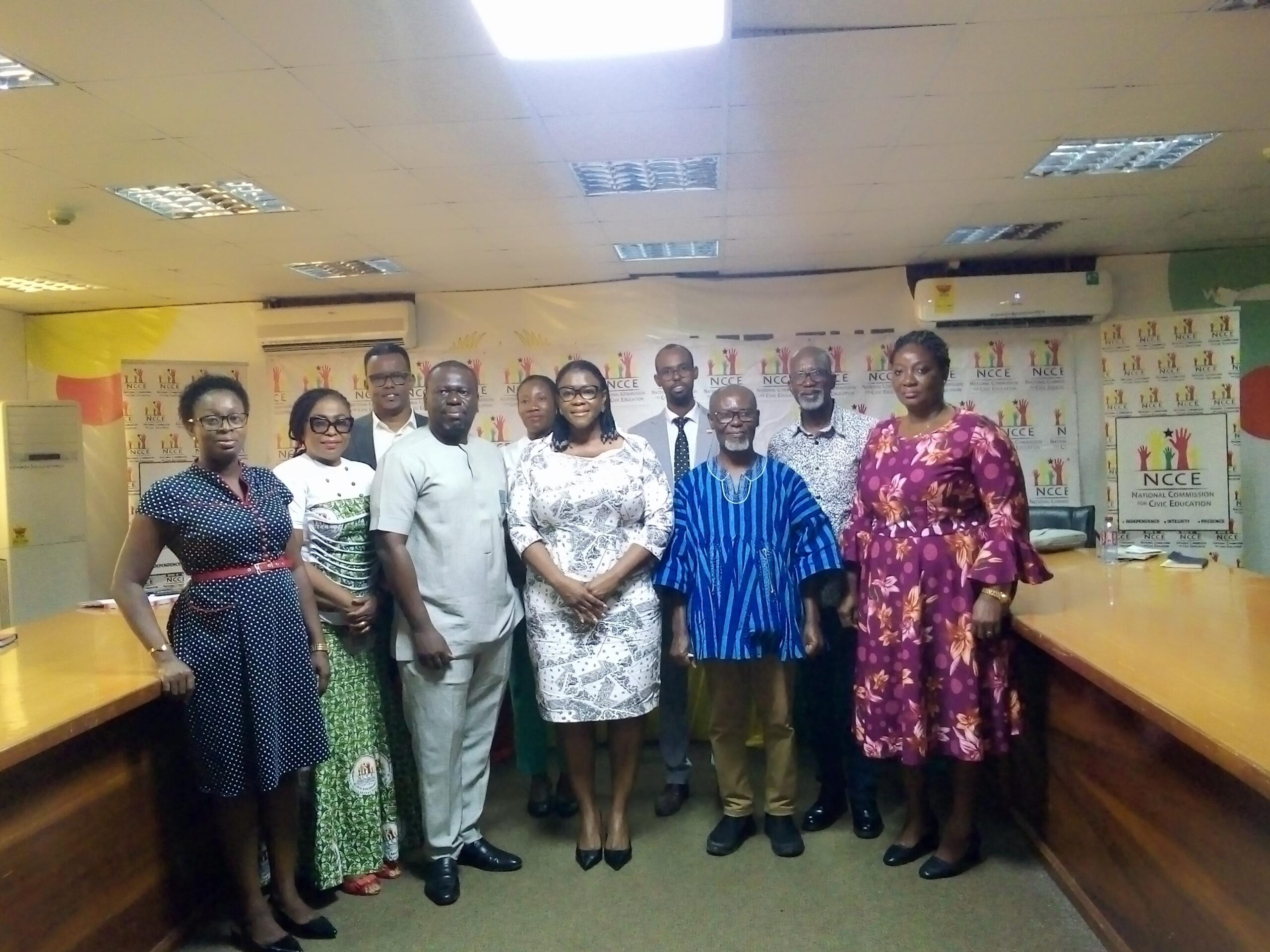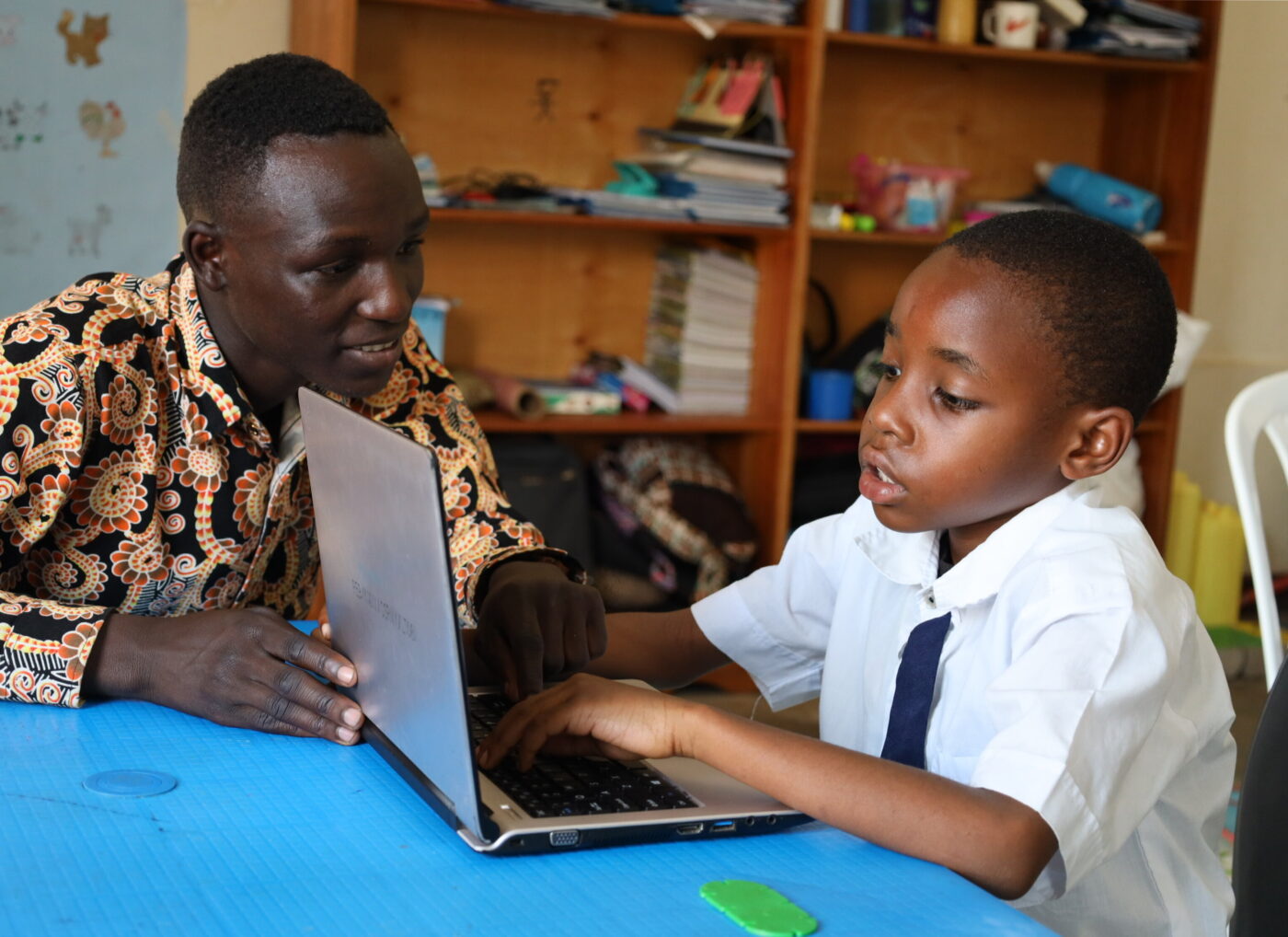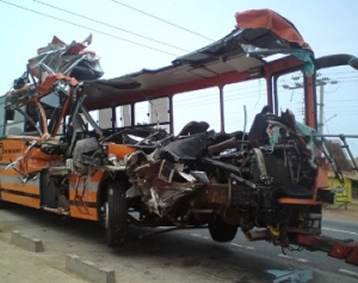
Ghanaians have been grappling with the persistent issue of the “Dumsor” power crisis for quite some time now, and it has become one of the most prominent and distressing challenges faced by the citizens on a daily basis.
In fact, the current situation has reached a point where Ghanaians have shifted their focus from simply desiring a stable power supply to longing for a structured schedule or timetable for the occurrence of “dumsor.” This change in perspective stems from the realization that achieving uninterrupted power supply is increasingly unrealistic, and therefore, they hope to have a predictable framework that allows them to plan and organize their daily activities and businesses accordingly.
Regrettably, the situation in Ghana is characterized by not only an absence of a dependable and consistent power supply but also a lack of a predefined schedule for “dumsor.” This unfortunate combination has left Ghanaians feeling profoundly disheartened and disillusioned. They are grappling with a sense of dismay as they face the ongoing uncertainty and disappointments associated with power outages, with no indication of when they can expect relief.
However, what many Ghanaians have failed to recognize is the crisis that is also plaguing the education sector. It is evident that the crisis in the education sector far outweighs what is witnessed in the power sector.
This article is premised on the 2023 Commonwealth Global Youth Development Index Report, which assesses and ranks the education systems of various countries. According to the latest report, Ghana’s education system is positioned at a disappointing 125th out of 183 countries.
This ranking clearly highlights the alarming level of inadequacy and poor quality of education being provided to our children, particularly in primary and secondary schools. If this persisting trend continues, the country runs the risk of producing graduates who lack the necessary skills and knowledge to contribute meaningfully to both their own lives and the development of the nation.
The distressing condition of our nation’s education system is deeply concerning and calls for immediate attention from all relevant stakeholders. In an effort to stimulate a national dialogue on how to enhance our education system, this article outlines ten major crises that have impacted the education sector.
- One Million Out-of-School children
The first crisis is that the number of children in Ghana who are not enrolled in schools has risen significantly, with an alarming increase of 429,269 children (approximately 75%) in the year 2021. Currently, the total count of out-of-school children (between the ages of 4 and 17) stands at 1,215,546, marking the highest figure recorded in the past two decades. These figures, which have been derived from the Ghana Statistical Service’s census report for 2021, clearly indicate a troubling trend where education has become increasingly unappealing to young individuals. This situation paints a worrisome picture of a potential surge in illiteracy rates within Ghana, wherein a significant portion of the population will be unable to read, write, and perform basic numeracy skills.
This impending crisis demands urgent attention, and immediate measures need to be implemented to incentivize and encourage young people to return to school. To tackle this crisis effectively, it is imperative to identify the reasons behind the lack of attractiveness of education for young people. Possible factors could include the increasing ‘expensive’ nature of education in Ghana, inadequate infrastructure, low-quality teaching, lack of relevant curriculum, and lack of government commitment. By understanding and addressing these underlying challenges, targeted interventions can be devised to make education more appealing and accessible to children and their families.
- Schools Under Trees
Another distressing crisis plaguing the education sector in Ghana is the existence of about 5,400 schools that operate under tree canopies. Shockingly, since 2021, only 17 schools have been constructed by the Akufo Addo Bawumia government to address this problem. Extensive research conducted by 10 Civil Society Organizations (CSOs), including ActionAid, Star Ghana, and Camfed, has shed light on the gravity of the situation. According to their findings, considering the current slow pace of the government’s efforts, it would take a staggering 300 years to replace all the schools operating under trees.
This revelation strongly indicates that the government fails to recognize the urgent need to eliminate these substandard learning environments. The existence of schools operating in such inadequate facilities constitutes a severe hindrance to quality education. Learning under tree canopies poses numerous challenges, including exposure to harsh weather conditions, lack of proper seating arrangements, limited protection from external distractions, and compromised safety and security. These factors significantly impede the learning experience and hinder the overall development of students.
- Lack of Curriculum and Textbooks
In an unprecedented situation, Ghana operates an education system without an approved and functional curriculum. The absence of a well-defined curriculum and accompanying textbooks poses a significant challenge to the quality of education. While other nations have established frameworks to guide their educational programmes, Ghana has faltered in this crucial aspect.
Currently, teachers are compelled to deliver lessons using starter packs and other pamphlets that fall far short of what should be expected from a robust and comprehensive education system. These makeshift materials are inadequate substitutes for a well-structured curriculum that provides a cohesive and progressive learning experience for students.
The absence of a revised curriculum exacerbates the crisis, as it has been approximately five years since the curriculum was last changed. This prolonged period without a new curriculum has hindered the progress and development of the education system, contributing to Ghana’s disappointing ranking of 125 out of 183 countries in the Commonwealth Report.
- Double Track System
Over the course of the last seven years, secondary school students in Ghana have not experienced a full uninterrupted academic year. Instead, they have been subjected to what is known as the “Double Track System,” where their education is fragmented and delivered in disjointed intervals. This system forces our children to attend school in fragmented “pieces,” spending only a month or two on campus and stay home for about two or three months.
Undoubtedly, this interrupted academic programme significantly diminishes the quality of education and poses a severe threat to the future prospects of our children. The constant disruptions caused by the Double Track System create significant challenges for students, teachers, and the overall learning environment.
The fragmented nature of the system disrupts the continuity and coherence of learning, making it difficult for students to grasp and retain knowledge effectively. The frequent breaks in their education impede their progress and hinder the development of critical skills and competencies. This not only undermines their academic performance but also diminishes their potential for personal growth and future success.
Moreover, the Double Track System places additional burdens and strains on teachers. They are tasked with adapting their instructional strategies to accommodate the intermittent presence of students, which can be challenging and hinder their ability to provide consistent and comprehensive instruction. The constant cycle of on-campus and off-campus periods disrupts the flow of teaching and learning, making it difficult to establish a conducive and engaging classroom environment
- Victimisation of Teachers
Teachers, often regarded as second parents to students, play a crucial role in the lives of students. They bear the responsibility for the overall well-being of children, ensuring they receive quality education, access to resources, and proper healthcare. However, a distressing trend has emerged, where teachers who express dissatisfaction or voice concerns about the government’s poor performance are subjected to various forms of victimization.
Instead of fostering a supportive and collaborative environment, teachers who raise legitimate grievances are swiftly intercepted, dismissed, transferred, or denied opportunities for career advancement. These actions are designed to instill fear and silence dissent among educators. Numerous instances can be cited, such as the ill-treatment endured by Teacher Kwadwo, the Sewing madam, and numerous other teachers who display unwavering dedication to their profession and the well-being of their students. This crisis of victimization represents an unprecedented assault on the teaching profession.
- Discontinuation of WASSCE Participation
Over the past four years or so, Ghana has made a significant departure from the long-standing practice of participating in the West African Senior School Certificate Examination (WASSCE) alongside other African countries. Instead, Ghana has chosen to exclusively administer a customized version of WASSCE tailored specifically for only Ghanaian students. Despite this shift, a clear and compelling rationale for this isolation has yet to be provided, leaving many questioning the motives behind this decision.
The recent Commonwealth Report has shed light on the consequences of this departure, revealing that Ghana’s education system and its associated examinations are no longer held in high regard within the global arena. In the past, when WASSCE was an Africa-based examination, it enjoyed considerable prestige both within the African continent and internationally. However, the latest global report indicates that the value of Ghanaian WASSCE certificates has significantly declined.
The implications of this discontinuation of WASSCE participation are multifaceted. Firstly, it raises concerns about the quality and standard of education in Ghana. The decision to separate from the collective WASSCE platform, without a compelling justification, raises questions about the comparability and competitiveness of Ghanaian education on a global scale. It is crucial to address these concerns and ensure that Ghanaian education remains aligned with international standards, enabling Ghanaian students to compete effectively in a globalized world
- Poor Salaries of Teachers
One of the biggest crisis in the education sector is the poor salaries of teachers. Frankly, teachers in Ghana endure one of the most poorly remunerated professions within the country. Despite dedicating themselves to teaching throughout the year, their monthly salaries are far from satisfactory. The disparity between the demands of daily life and the limited financial resources provided to teachers places them in a precarious position. The increasing cost of rent, coupled with transportation expenses, places an immense strain on their already insufficient salaries. Many teachers find themselves struggling to make ends meet, with a significant portion of their income being allocated solely to these basic necessities.
Despite the persistent calls from teachers for the government to address this issue by increasing their salaries, their pleas seem to fall on deaf ears. The consistent appeals for improved compensation have not been met with the necessary action to rectify the situation. This lack of response from the government exacerbates the financial hardships faced by teachers and undermines their morale and motivation.
- Poor Quality of School Meals and Feeding Programmes
One of the significant crises plaguing the education sector revolves around the provision of meals to students. Unfortunately, the quality of food offered to students is subpar and fails to meet even the most basic standards. Numerous reports have surfaced, with school heads, teachers, parents and students themselves expressing their deep dissatisfaction with the state of school meals. The situation has become so dire that some parents feel compelled to send food supplies to their children every weekend, fearing that the poor quality of the meals provided could lead to illness and adverse health effects.
The situation surrounding the school feeding programme at the basic level is equally troubling. The patrons responsible for overseeing the programme often face significant challenges, primarily related to delayed or irregular payment of funds. As a result, many of these patrons have been forced to suspend their involvement in the programme, exacerbating the already dire situation.
- Licensure Examination
There is a growing realization that the licensure examination process has been utilized as a means to deliberately delay and deny the posting of teachers. Teacher trainees invest four years of their time in the College of Education, engaging in an extensive curriculum that encompasses approximately 50 courses. Additionally, they participate in weekly teaching practicums known as Supported Teaching in School (STS), where they gain hands-on experience in real classrooms. Furthermore, during the first semester of their final year, they embark on an extended teaching practice, commonly referred to as an internship. Following this, they dedicate one year to national service, further developing their teaching skills and contributing to the community.
After enduring this rigorous blend of theoretical and practical training, it is disheartening that these aspiring teachers are compelled to undergo a two-hour examination before they can be officially recognized as trained teachers.
This examination requirement serves as an unnecessary hurdle, creating an additional obstacle for teacher trainees who have already demonstrated their competence through practical experiences and academic coursework. The emphasis placed on a single examination undermines the comprehensive training these individuals have received throughout their four-year education. It fails to acknowledge the value of the practical experiences they have gained, their ability to effectively engage with students, and their understanding of pedagogical techniques.
Moreover, this examination-centric approach overlooks the holistic development of teachers and places undue importance on a singular evaluation event. It fails to consider the diverse skills and competencies required to excel in the teaching profession, such as communication, classroom management, and the ability to foster a positive learning environment.
To ensure a fair and comprehensive assessment of teacher trainees, it is crucial to adopt a more balanced approach. This could involve incorporating multiple assessment methods, including practical evaluations, portfolio assessments, and collaborative projects. By considering a broader range of criteria, teacher trainees’ overall capabilities and readiness to enter the teaching profession can be more accurately assessed.
- Indiscipline in Schools
Within our educational system, it is evident that there is a disturbing trend of seeming state-sponsored indiscipline among students. This issue has resulted in a disempowerment of teachers, rendering them ineffective in maintaining discipline and order within the classroom. Teachers who prioritize discipline and uphold its importance are unjustly viewed as sabotaging government initiatives, consequently undermining the appeal of the education system to students.
Currently, the policy of not allowing students to be repeated in their grade, even if they fail to meet the necessary academic requirements, has contributed to the deterioration of discipline. This lenient approach diminishes the consequences for poor academic performance, fostering a culture of indifference and complacency among students. As a result, many students lack the motivation to excel academically or abide by the rules and regulations set by the school.
Furthermore, the prevalent occurrence of examination malpractices has reached an all-time high. This unethical behavior not only undermines the integrity of the education system but also perpetuates a culture of dishonesty among students. The absence of strict consequences for engaging in such malpractices reinforces the notion that discipline holds little importance in the educational environment.
Equally concerning is the mistreatment faced by teachers who attempt to uphold discipline during examinations. Teachers who enforce strict examination protocols and take measures to prevent cheating are subjected to physical assaults, verbal insults, and abuse from students. This hostile environment not only compromises the integrity of the examination process but also erodes the authority and credibility of teachers.
Conclusion
The education sector in Ghana faces a myriad of crises, ranging from the staggering number of out-of-school children to the poor quality of school facilities and meals, the victimization of teachers, and the discontinuation of WASSCE participation. These challenges demand urgent attention and concerted efforts from all stakeholders to address them effectively.
Failure to do so not only jeopardizes the future prospects of Ghanaian students, but also hampers the country’s overall development and global competitiveness. It is imperative that immediate action be taken to revitalize and strengthen the education system, ensuring that every child has access to quality education and opportunities for success. Only through collective commitment and decisive action can Ghana overcome these crises and build a brighter future for its citizens.
Thank you for reading today’s episode. Continue to follow the insightful articles I share on this page.
See you.
Writer: Daniel Fenyi
The writer is a licensed counselor, professional writer and conference speaker who guides the youth through his writings. If you have any concerns, reach him via email [email protected]
The post Education: Ten major crises in Ghana’s education system first appeared on 3News.
Read Full Story













Facebook
Twitter
Pinterest
Instagram
Google+
YouTube
LinkedIn
RSS